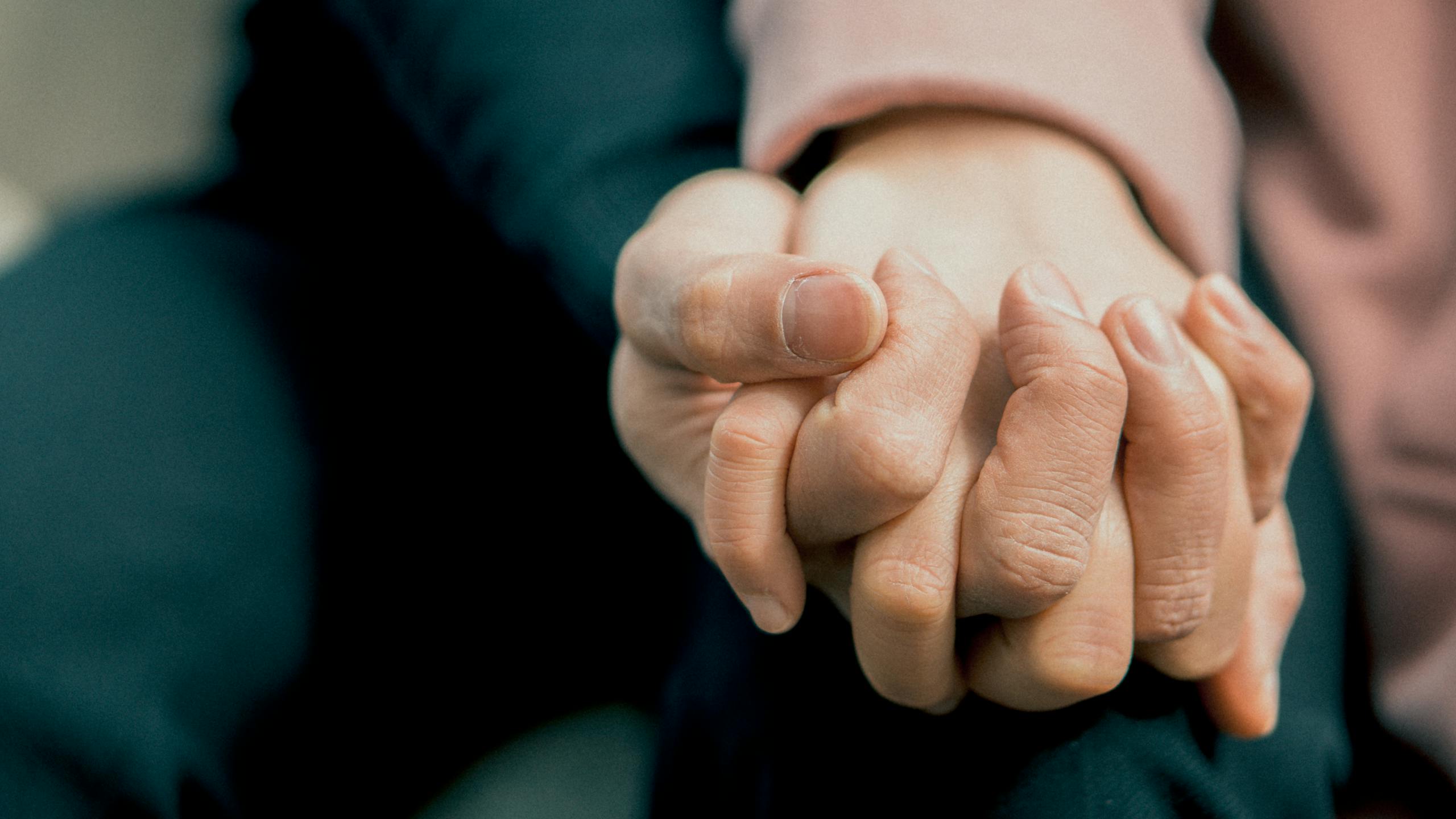
A human being is a unity of body and spirit. This implies the need to care not only for the body, but also for another dimension – one that cannot be seen, but can certainly be felt.
A person constantly exists within four fundamental relationships: with God, with others, with the world, and with oneself. These four relationships influence personal, professional, and social life. Each of us experiences that life is not perfect – and at least one of these connections (sometimes more) may be weakened, disrupted, or even absent altogether. This reveals, first and foremost, that human life is not ideal. And yet, we also know from experience that despite difficulties, we can still move forward – or at least find within ourselves a little strength to reach out for help.
If we read the “greatest commandment” in the Bible in reverse, starting from the end, we see how essential self-love truly is. Of course, this self-love must have its limits – it should never be boundless. However, its absence makes it difficult even to like another person – let alone to love them. Without a properly understood self-love – one that grows from an ordered inner life, from deep understanding and acceptance of oneself, including both what is beautiful and noble and what is difficult or even painful – life becomes much harder.
Each of us is struggling with something, whether on a conscious level – through memories or present-day experiences – or in unconscious processes. All of this shapes the entirety of our lives.
The secret to a successful life is not in erasing painful memories, avoiding suffering and failure at all costs, or burying our emotions deep within. The past cannot be changed; falling and suffering are sometimes unavoidable, and suppressing emotions leads nowhere good. I believe one of the most important truths in life is this: “Emotions are meant to be felt.” Becoming aware of our emotions and the experiences that accompany them is the path to healing. The past cannot be changed, but one can learn to live it in such a way that one no longer fears it, but recognizes it.
At our Center, we offer both individual and group therapy. The experience of war deeply affects daily life. It is often accompanied by the loss of loved ones, feelings of injustice and grievance, and fear about the future. These emotions significantly influence one’s life. Our team consists of psychologists and psychotherapists with extensive experience and recognized certifications. We warmly invite you to seek support with us.
The second pillar of our work is the Ignatian spiritual retreats, which are described in more detail in the “Retreats” section.



